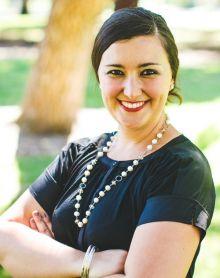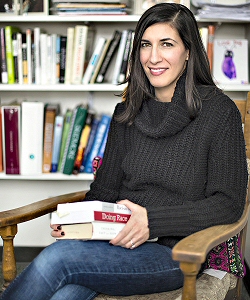How Biracial Identity Affects BehaviorPosted in Audio, Identity Development/Psychology, Interviews, Media Archive, Social Science, United States on 2017-03-22 15:07Z by Steven |
How Biracial Identity Affects Behavior
The State of Things
WUNC 91.5, North Carolina Public Radio
2017-03-21
Charlie Shelton, Producer
Phoebe Judge, Host/Reporter
 Sarah Gaither is an assistant professor of psychology and neuroscience at Duke University Credit Duke University |
Guest host Phoebe Judge talks with psychology and neuroscience professor Sarah Gaither about biracial identity and behavior.
Sarah Gaither is interested in how growing up with multiple racial identities shapes one’s social perceptions and behaviors.
Gaither is an assistant professor of psychology and neuroscience at Duke University, and her work explores how racial and gender diversity can facilitate positive relationships within different social circles…
Listen to the interview (00:17:29) here.




